Whyalla featured on hit documentary series Australian Story
In September 2018, the ABC’s hit documentary series Australian Story tracked ...
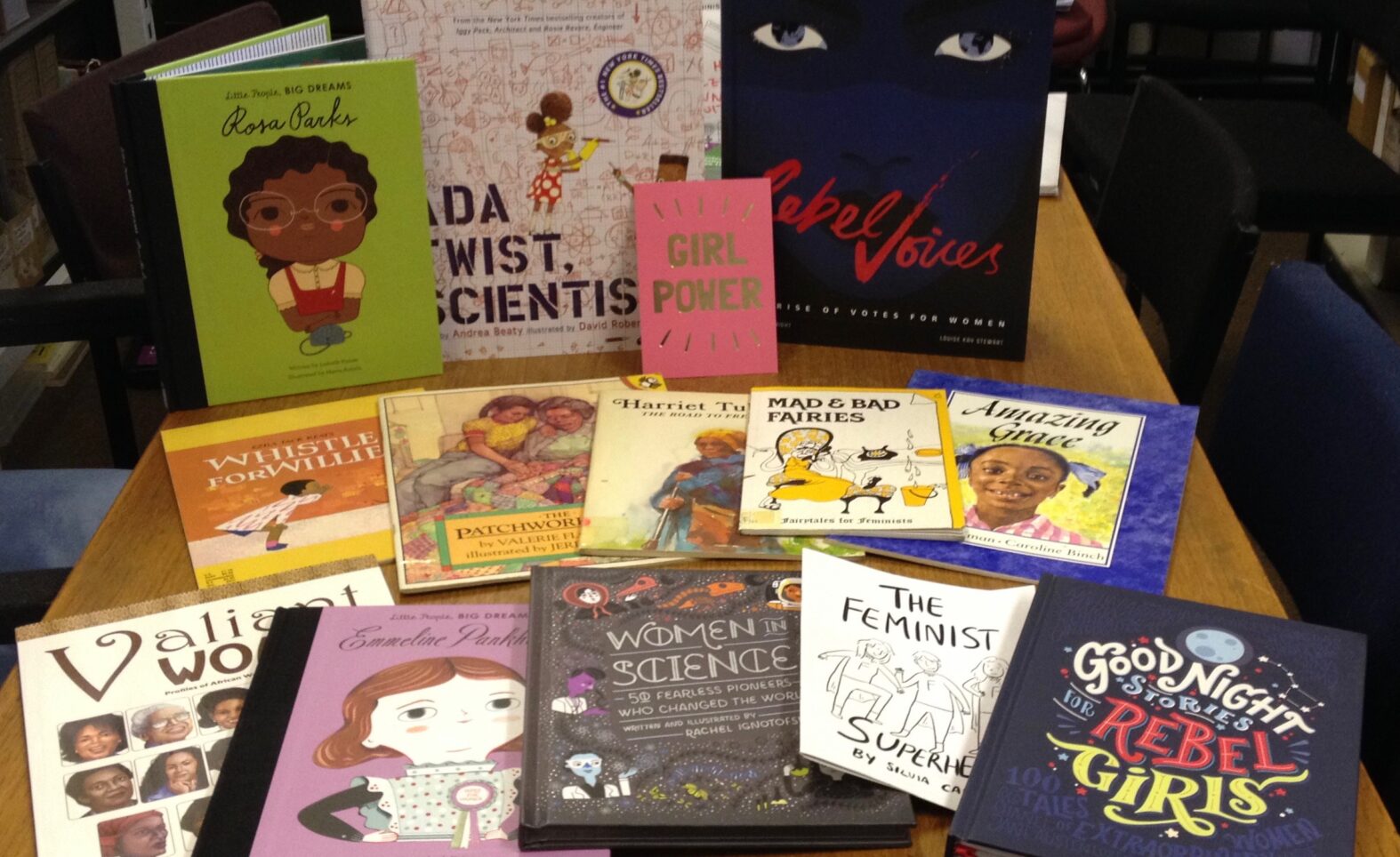
As we approach International Women’s Day (IWD) on 08 March, with the theme, “Invest in women: Accelerate progress,” the SPOKE team puts the spotlight on our incredible staff.
We ask our colleagues around the business to review books that have inspired them with characters, authors and themes that have defied gender stereotypes and challenged our pre-conceived notions. Books that have left a lasting impact on them. We celebrate these diverse narratives that have helped shape our perspective, and look to the power of literature to continue to progress female empowerment and make us question and think critically.
NAMRATA KUNDU – Head of Communication (India), on How To Be You by Skye Cleary (Simone de Beauvoir and the art of authentic living)
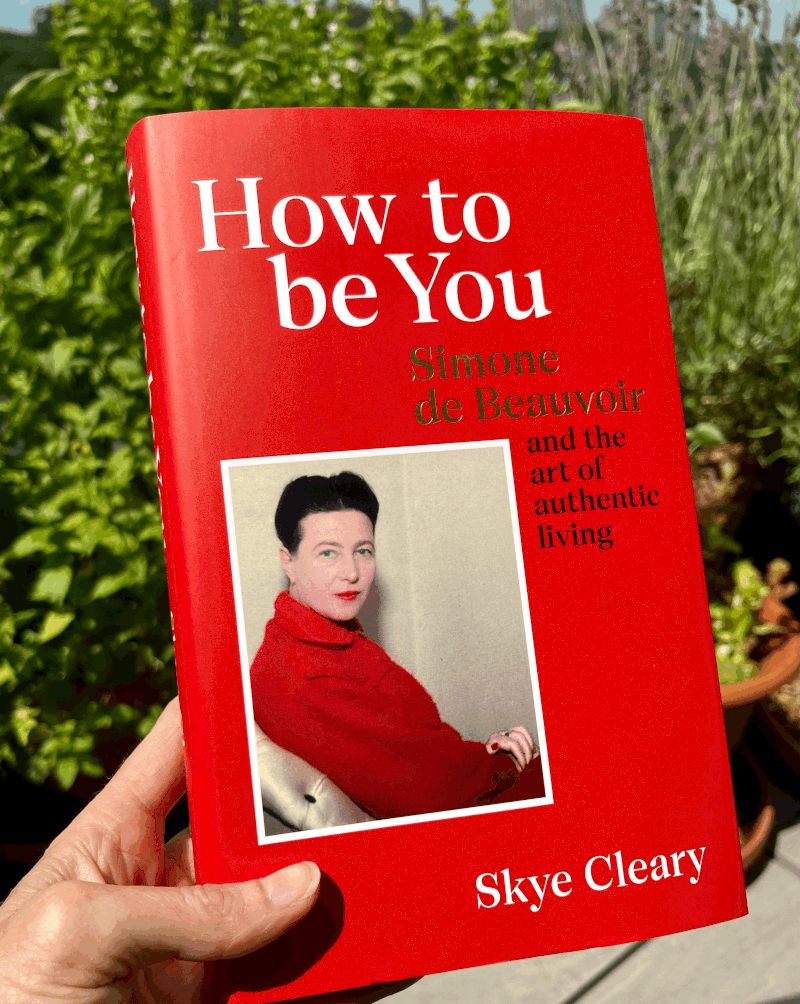
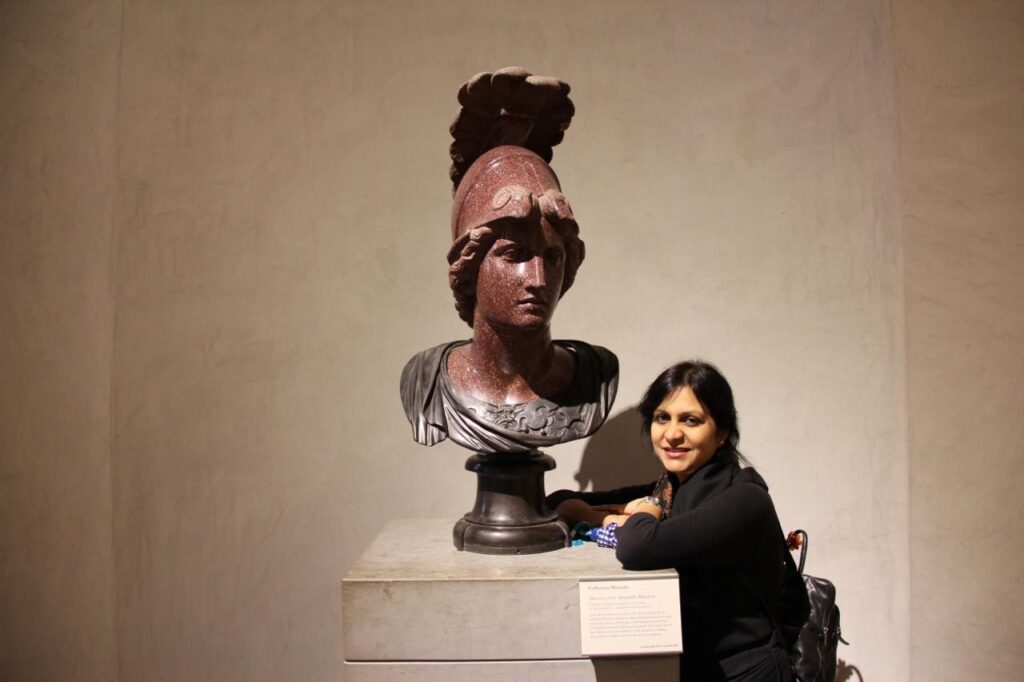
Dr Skye C. Cleary is a philosopher and writer. She teaches at Columbia University, Barnard College, and the City University of New York, and is the author of several books.
Picking this book has a special story, sometime back I had read Simone De Beauvoir’s The Second Sex, a book that was banned at the time! The book sheds light on gender inequality and the ongoing struggle for women’s liberation and then one day, browsing at a bookstore with a journalist friend we glanced at Skye Cleary’s ‘How to Be You’. I immediately picked it up thinking this would top up what I learnt from Simone de Beauvoir’s previous book. Now Sky Cleary the author has a done a lot of work on Simone de Beauvoir and it was interesting to know about her through Cleary’s lens.
Coming to the book now, How To Be You is a captivating and deeply insightful exploration into the realms of authenticity, self-discovery, and personal empowerment.
What sets ‘How to Be You’ apart is Cleary’s ability to blend vulnerability with wisdom, creating a space where readers feel both understood and inspired. Each chapter offers a unique perspective on different aspects of identity, from navigating societal pressures to overcoming self-doubt and embracing one’s unique quirks and qualities. Cleary’s writing is imbued with warmth and compassion, making it easy for readers to connect with her message on a deeply personal level.
Cleary equips readers with the tools they need to embark on their own journey of self-discovery and personal growth.
Moreover, ‘How to Be You’ serves as a powerful reminder that authenticity is not a destination, but a continuous process of self-exploration and self-expression. Cleary encourages readers to embrace the messiness of their journey, celebrating both the highs and the lows as integral parts of their unique story.
In essence, ‘How to Be You’ is more than just a book—it’s a roadmap to living a more authentic and fulfilling life. Whether you’re struggling to find your voice in a noisy world or simply seeking to deepen your connection with yourself, Cleary’s heartfelt wisdom and practical guidance offer invaluable support every step of the way.
This book is a beacon of light for anyone on the path to self-discovery and personal empowerment, reminding us all that true happiness begins with embracing who we are, unapologetically and wholeheartedly. Must read and get a copy everyone, not just women.
SAYANI BHATTACHARYA – Presentation Executive, recommends Streer Patra (A Wife’s Letter)

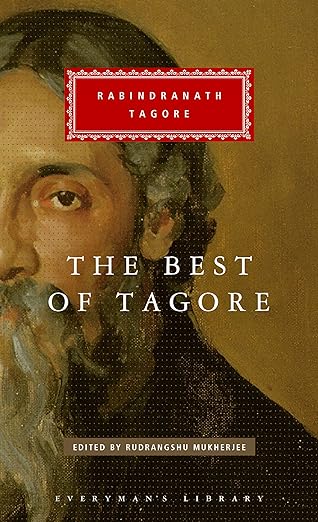
Name of the book and author: Streer Patra (A Wife’s Letter) was written by Nobel Laureate Rabindranath Tagore, a renowned Indian poet and philosopher in 1914.
What the book is about: The story is written in the form of a letter. Mrinal, the protagonist, is married into a well-to-do family in Kolkata, India. Her good looks made her a ‘trophy wife’ but her great talents are seen as a ‘problem’. However, her intelligence that turns out to be the key factor in the story. Over the course of 15 years of marriage, Mrinal hides away and writes poetry in the cowshed every day under the penname of a man, suffers a miscarriage and witness the trauma of other women in her household due to the societal pressure.
However, she refuses to bow down and escapes from home to relinquishes her identity and writes a letter to her husband, the first in 15 years.
Why did you select it as a ‘Women Who Inspires’ for IWD?
Mrinal is a strong and multi-dimensional female protagonist whose qualities remain relevant even today. Her character is a fascinating study of a woman navigating societal norms and facing personal challenges, against the backdrop of traditional 19th Century India. The issues of gender inequality, societal expectations, and the quest for personal identity are universal and continue to resonate with readers across different cultures and time periods.
What message do you want to share with your colleagues from the book: Allow your girl child to flourish, to have her own set of values with a unique identity and she might become an inspiration for many others in the society.
ANTON GOVRIN – Learning & Development Manager, recommends The Leading Brain

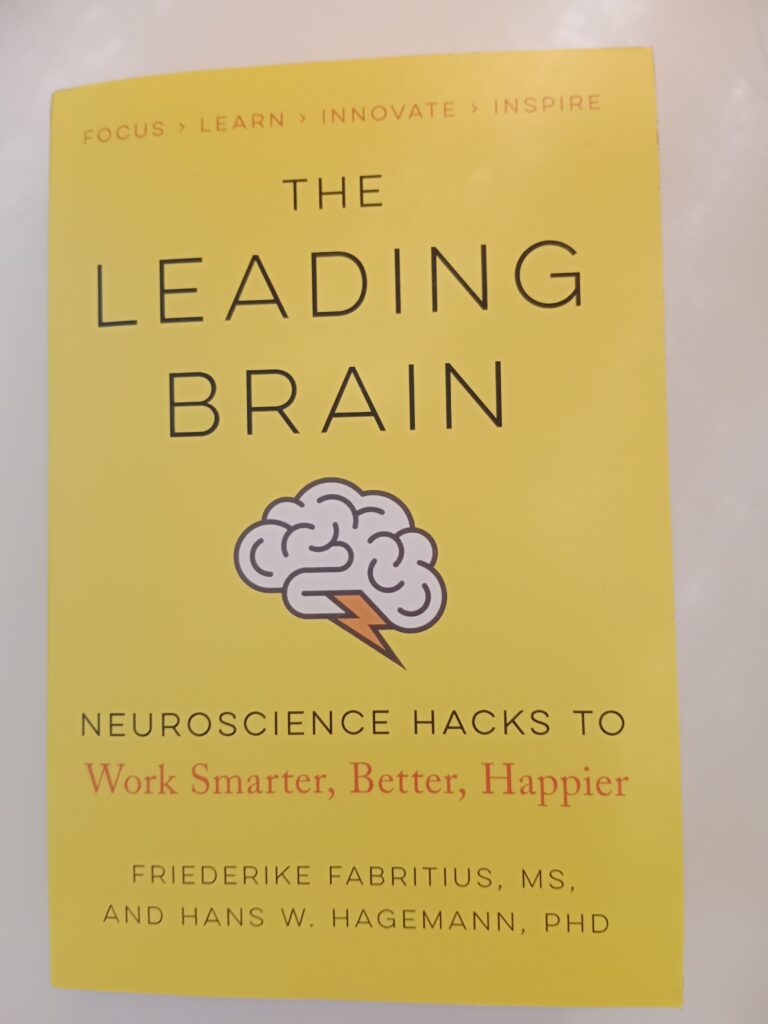
Hi there! My name’s Anton and as we celebrate International Women’s Day, I wanted to highlight one of my favourite writers – Friederike Fabritius. Friederike is a neuroscientist who works with Fortune 500 companies around the globe to transform how they innovate and navigate change. She’s also a mother of five.
Her book “The Leading Brain” is the essential guide on the neuroscience of leadership. Friederike redefines what diversity is and maps out the brain chemicals that make people different, sharing practical tips on how to create a brain-friendly workplace which caters to the needs of women and men alike.
I’d like to share key takeaways from the “Thrive on diversity” chapter (see attached images!). Here’s one to get you started:
“People are different.
There is a fundamental genetic predisposition to most personality differences. From these you can infer that people have different needs in the workplace, an if you respect the needs and try to accommodate them as flexibly as possible, people will perform much better and be happier at work.”
P.S. Friederike’s blog is a constant source of inspiration. Hope you find it useful and apply some of the tips in your daily life and in your team!
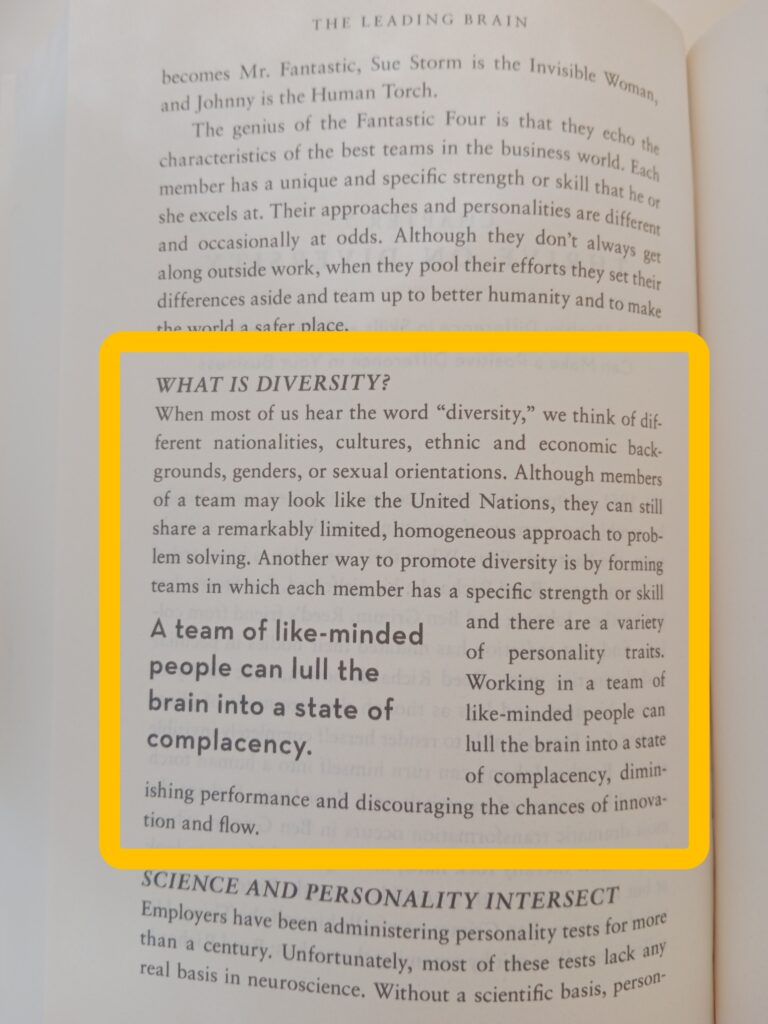
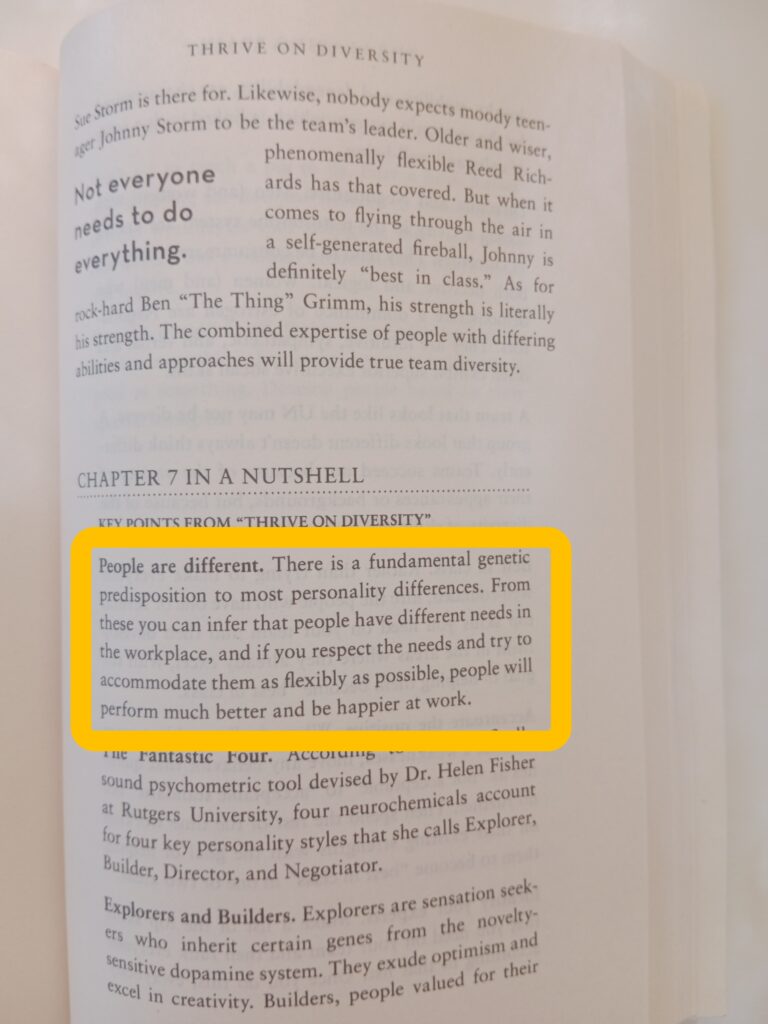
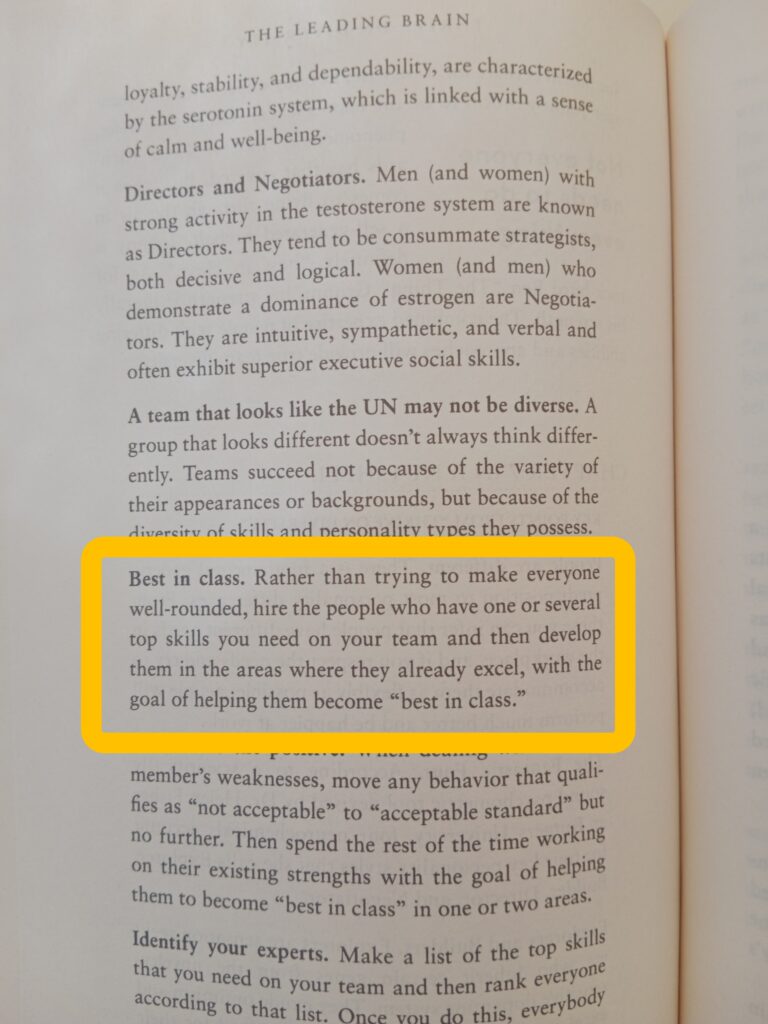
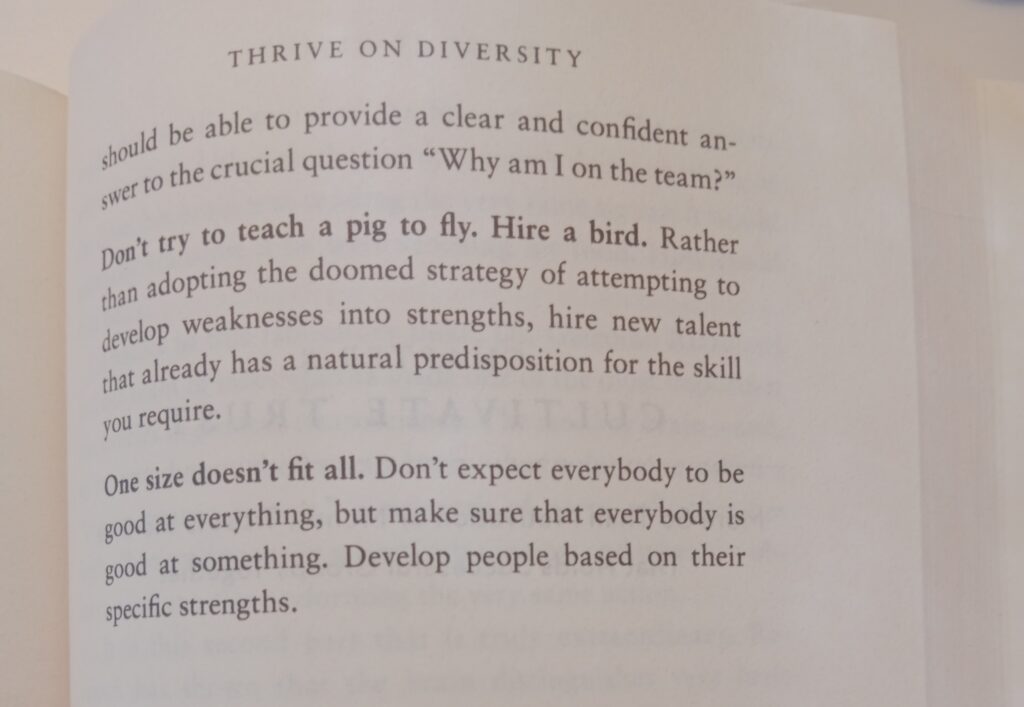
TETIANA LEVCHENKO – Communications Manager (LSUK) and her daughter Masha, pick Tales of Brave and Brilliant Girls around the World
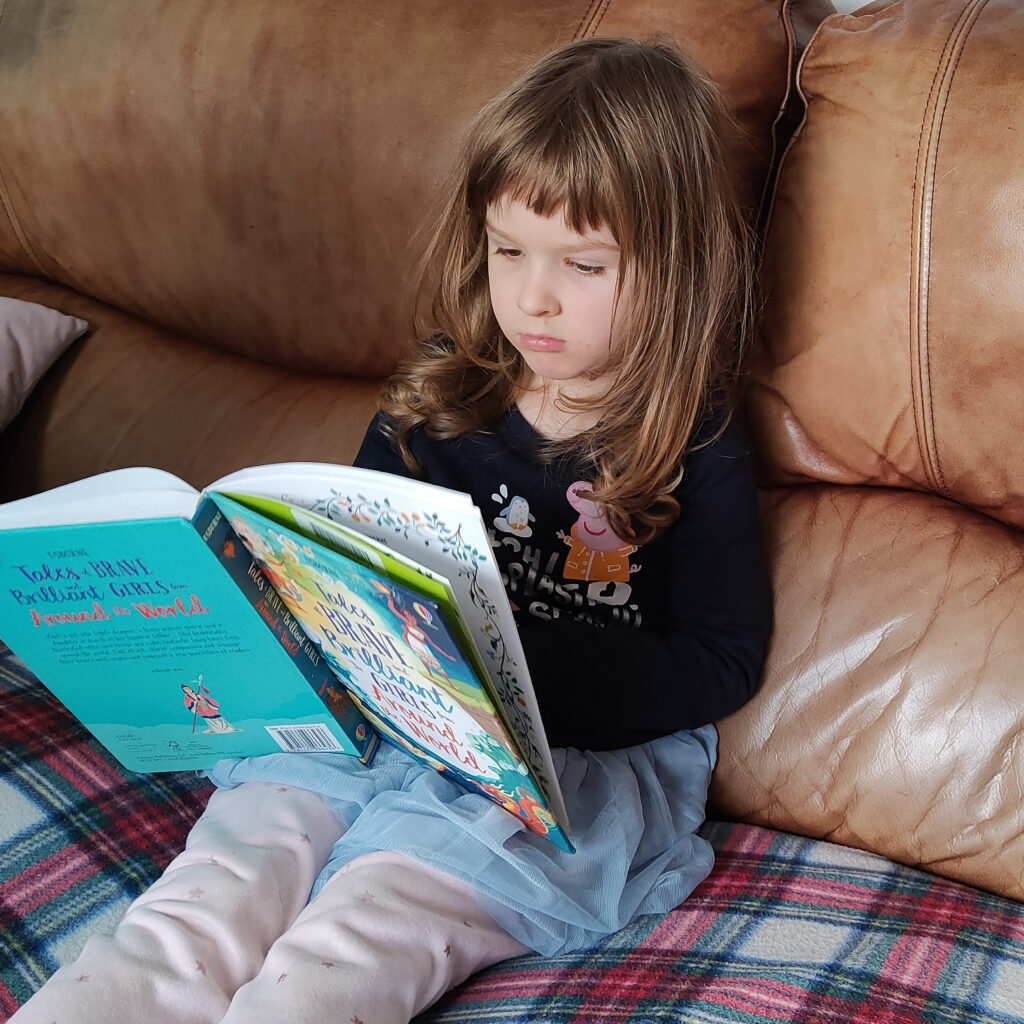
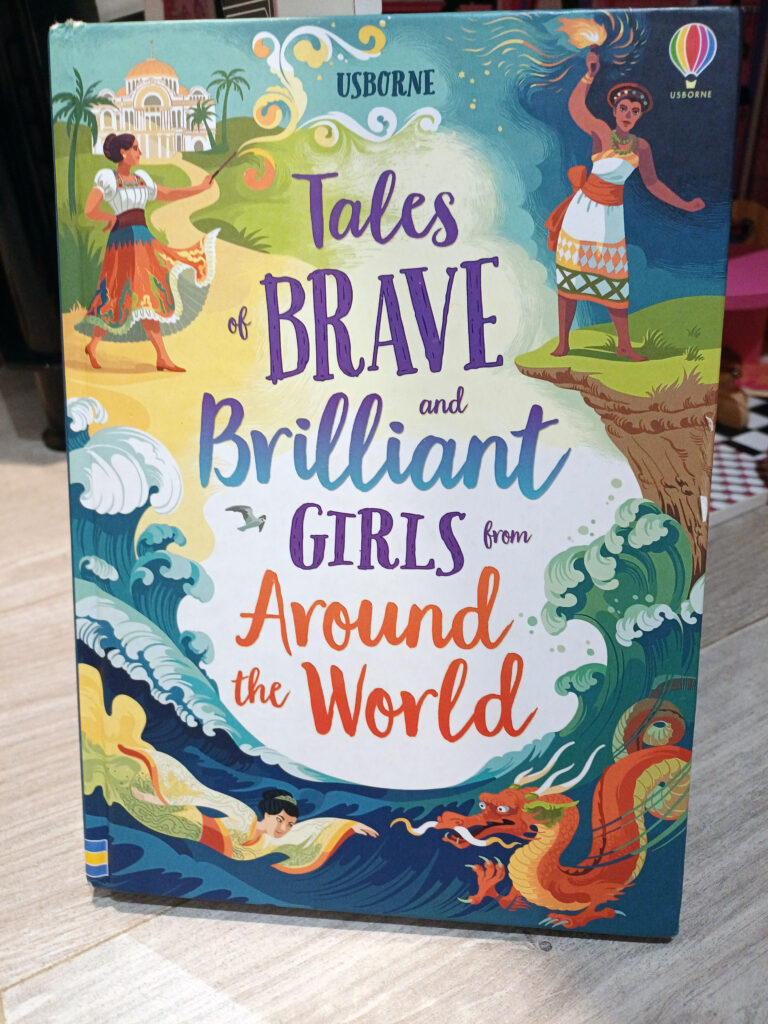
Every two weeks, my daughter Masha and I go on a book hunt to our local library. Usually, we find a mix of colourful picture books for her and something for me. But at our last visit, Masha surprised me by picking a thick book titled “Tales of Brave and Brilliant Girls around the world”.
Amongst the many tales of amazing heroines, Mulan’s story captivated both of us. This legend, rooted in history with a touch of magic, tells the tale of a girl who went to war instead of her ill father to fight for her country.
Mulan’s journey was not easy. She had to train hard and face danger and discrimination. At first, the other soldiers laughed. But Mulan was fast, strong, and smart! She learned to fight with swords, climb mountains, and even ride a horse like a pro! One day, when enemies attacked them, Mulan used her bravery and skills to save the day, proving that girls can be just as brave and capable as anyone.
As I read this story to Masha, I asked her, “What can we learn from Mulan?” Her answer filled me with pride.
“We can be anything we want, even if others say it’s not for girls! We can be strong, brave, and smart, just like Mulan!”
Mulan’s story reminds us that girls are capable of achieving incredible things, regardless of expectations.
By raising children to believe in themselves and pursue their dreams, we break down outdated stereotypes.
We create a world where equality isn’t something we need to fight for; it simply exists, allowing everyone to be truly inspired and confident in achieving their dreams.
AISHWARYA PANDERE – E-content Developer – recommends the novels of Virginia Woolf
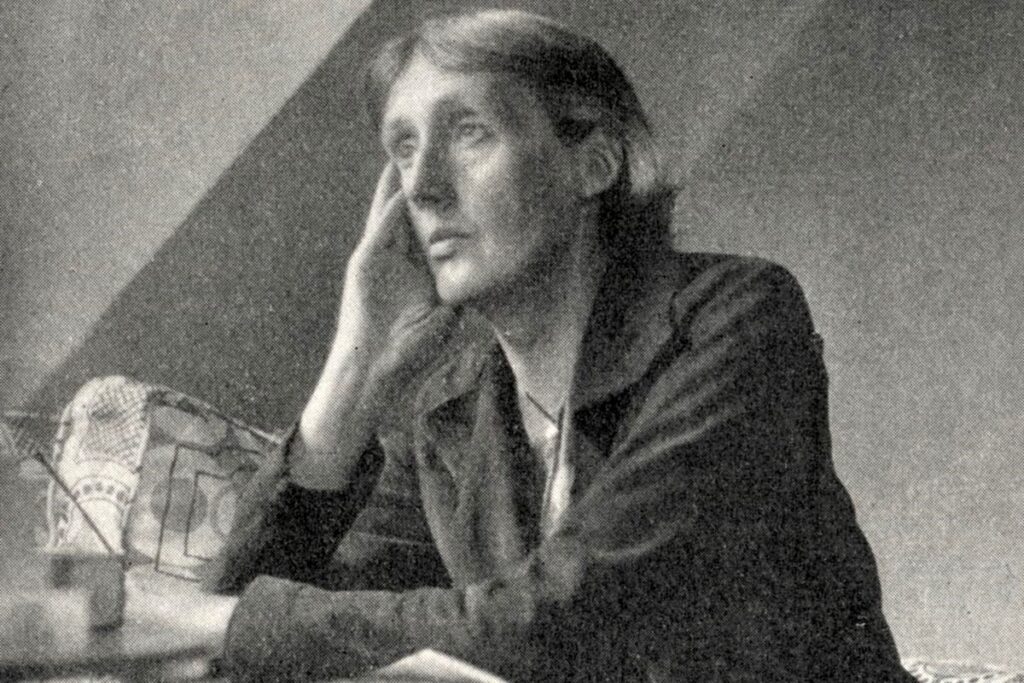

Virginia Woolf (1882-1941) was an English novelist, essayist, biographer, and feminist. Woolf was a prolific writer, whose modernist style changed with each new novel. Her letters and memoirs reveal glimpses of Woolf at the centre of English literary culture during the Bloomsbury era. Woolf represents a historical moment when art was integrated into society, as T.S. Eliot describes in his obituary for Virginia. “Without Virginia Woolf at the centre of it, it would have remained formless or marginal…With the death of Virginia Woolf, a whole pattern of culture is broken.”
I haven’t finished reading her books but I find myself coming back to her quotes on Goodreads. I am in awe of her work. In one of her works named consciousness of reality, she left behind the most truthful record of what a writer’s life is actually like. She wrote pioneering essays on artistic theory, literary history, women’s writing, and the politics of power.
Why did you select her as a ‘Women who Inspires’?
The main themes in Virginia Woolf’s writing include gender relations, class hierarchy, and the consequences of war. These themes were looked down upon or thought less of, especially coming from a woman at her time, but she was determined and she kept writing. She inspires me because her art conveyed raw feelings and I often think, if she could write during such challenging times, I should follow my passion too.
I’ll leave you with this quote by Virginia Woolf –
Lock up your libraries if you like; but there is no gate, no lock, no bolt that you can set upon the freedom of my mind.
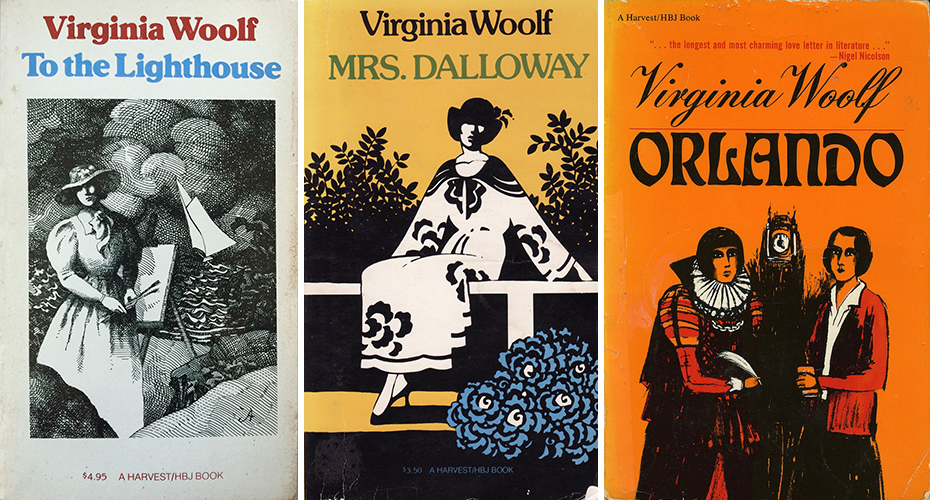
Leave A Reply